
CSR, Sustainability and the Digital Economy
CSR, Sustainability and the Digital Economy https://www.citizenme.com/wp-content/uploads/2019/04/art-close-up-ecology-886521.jpg 4110 2642 Josh Hedley-Dent Josh Hedley-Dent https://secure.gravatar.com/avatar/92b5c9b625d72910689d23e5aed19785?s=96&d=mm&r=gI had the pleasure of speaking to the Institute of Corporate Responsibility and Sustainability last week on the topic of Conscious advertising and why brands should care. Alongside the wonderful Harriet Kingaby, who co-founded the Conscious Advertising Network (have a look and sign up), we discussed some of the major issues with advertising, deep diving into how brands should rethink data.
The webinar starts with Harriet discussing the Conscious Advertising Network, followed by myself delving deeper into how we think about data, wrapping up with a Q&A session with our host Rosie Towe.
You can find the full recording (with slides) of the talk here: https://www.brighttalk.com/webcast/17573/355318
…and an overview of my part of the talk below (which starts around 17 minutes into the recording).
Value of data
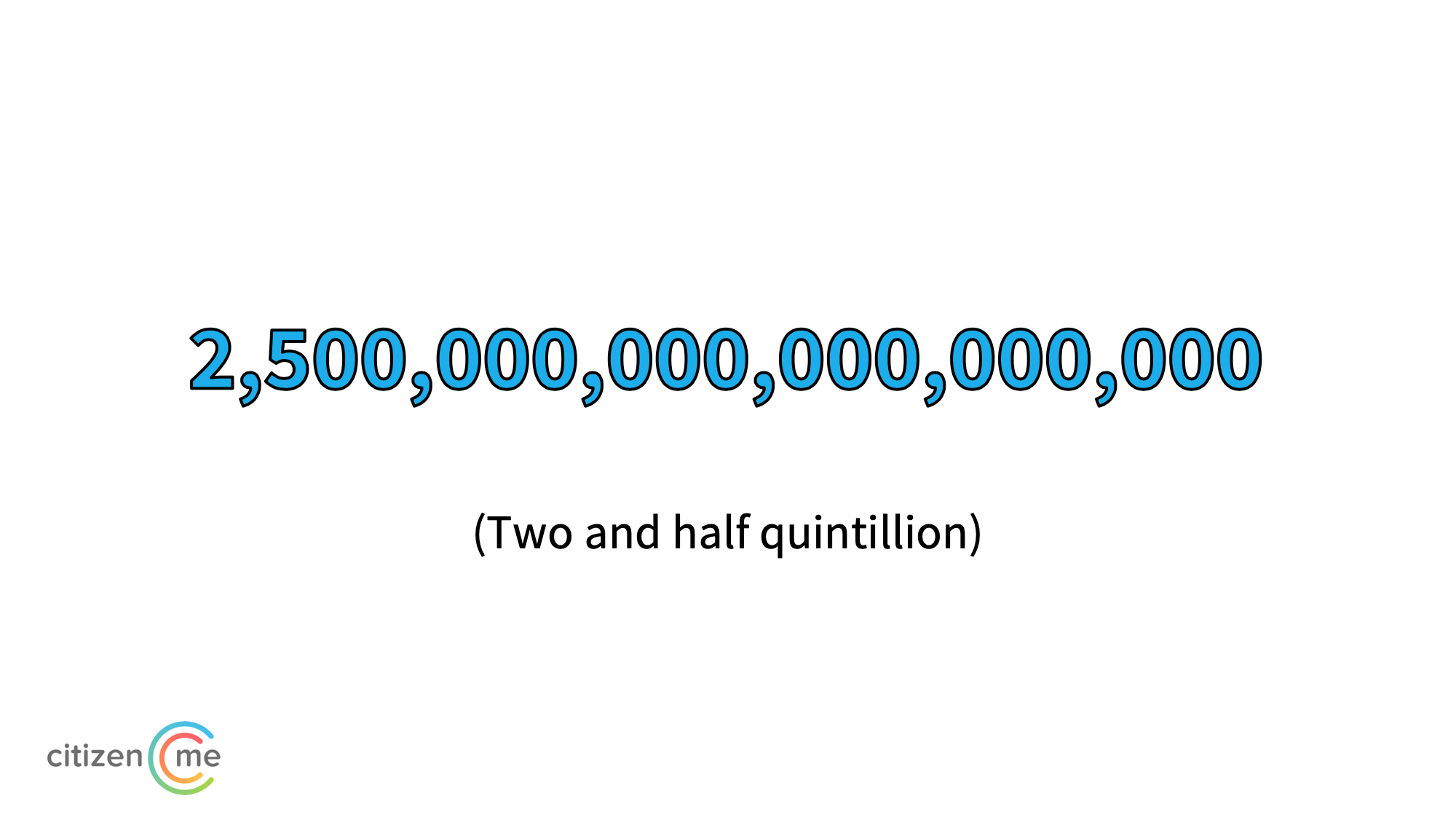 Two and half quintillion – this is the number of bytes of new data we create every day. This fuels the entire digital ecosystem around us, and the amount is only increasing.
Two and half quintillion – this is the number of bytes of new data we create every day. This fuels the entire digital ecosystem around us, and the amount is only increasing.
The value that this data has is unquestionable. As a result, organisations have been incentivised to capture and store as much data as they can. The problem is the practices around how organisations use and handle personal data, and the legislation around it, hasn’t kept up.
As a result, when we talk about the value of personal data, we intrinsically think of the value measured from a business’ perspective, and very rarely from a citizen’s. Because of this we now have a large imbalance in the value created from this data between businesses and citizens.
The reason for this imbalance is as citizens of the internet, we have very little visibility, control of, or value from when our data is exchanged. We struggle to exert any meaningful rights over our data.
And this needs to change. We need to look more closely at the way, as businesses, we think about, handle, and use personal data. And importantly what new types of value can we create for customers from it?
Changing landscape
Beyond rhetoric, there are large swathes of real world signals that show we need to fundamentally rethink how our digital ecosystem works.
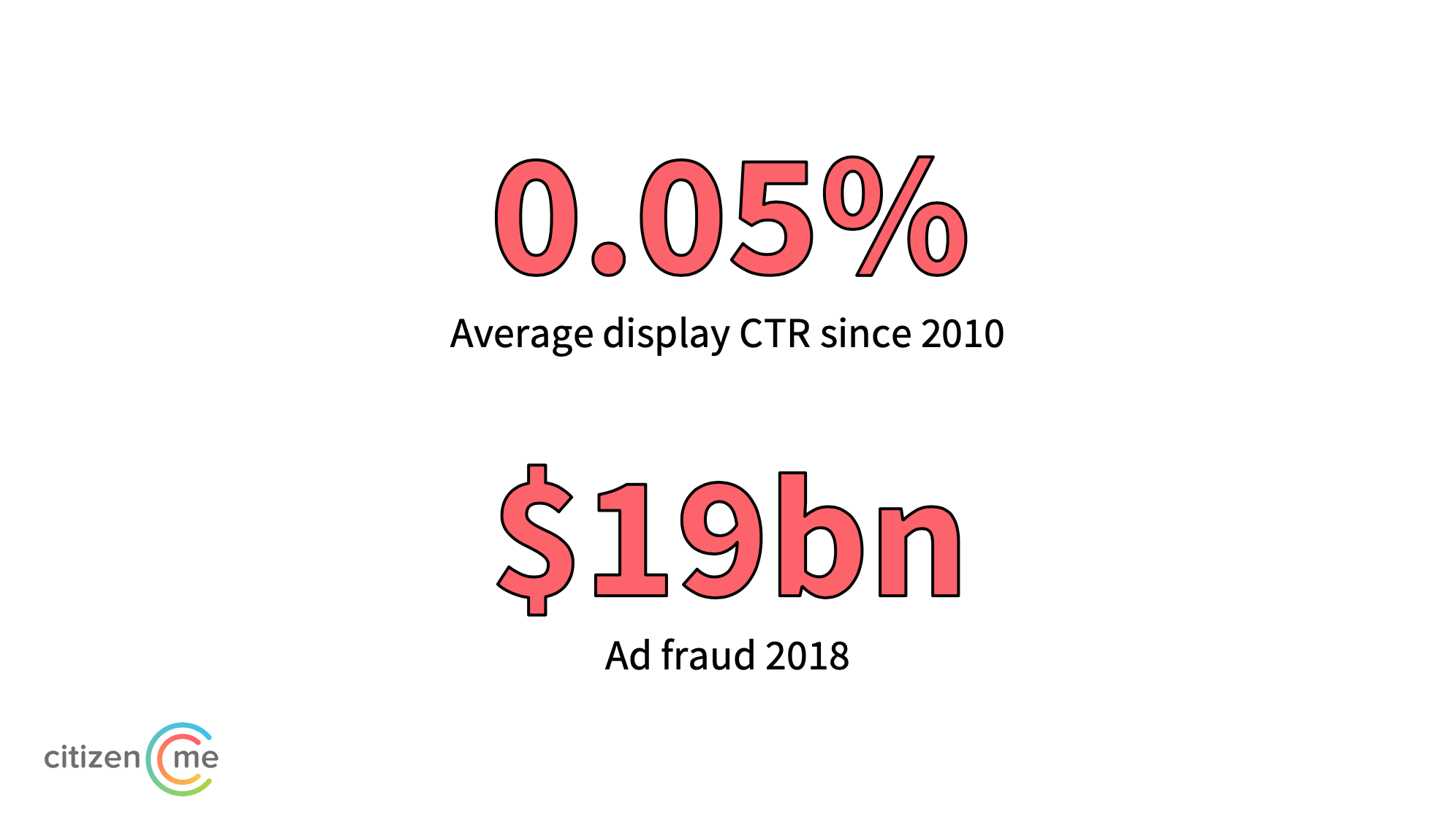 Advertising funds the internet we now know. But it’s a very broken system. The average click through rate of digital advertising since 2010 is 0.05% – that’s only 5 in every 10,000 people clicking on an advert they see. By any standards that’s a horrifically poor performance. On top of that, over $19bn was lost by advertisers to fraudulent activity in 2018 – estimated to rise to $44bn by 2022.
Advertising funds the internet we now know. But it’s a very broken system. The average click through rate of digital advertising since 2010 is 0.05% – that’s only 5 in every 10,000 people clicking on an advert they see. By any standards that’s a horrifically poor performance. On top of that, over $19bn was lost by advertisers to fraudulent activity in 2018 – estimated to rise to $44bn by 2022.
People are increasingly worried about the online world too; 71% of people in the US say they worry about the way brands use their personal data, with that stat being even higher in other markets.
But it’s not just people saying they’re worried about this. They are acting on it too. In 2017 there were 619 million ad blockers installed globally. That number is expected to be climbing to close to 1 billion by the end of this year. What these signals show is that we, as consumers, are increasingly uncomfortable, and clearly want something to change in the way our data is handled and used online.
Trust in the system has been depleted.
So where, as businesses, can we go from here? How can we inject more trust back into the system, to help create a sustainable digital ecosystem where closer relationships with customers can flourish?
In market solutions
There are already 100s of organisations out there grappling with these issues, trying to create a more sustainable ecosystem. Thinking differently about how we handle data and deal with advertising. They are focused on delivering more value back to citizens, whilst putting them in control of their data.
This may sound quite out there, but 81% of consumers globally say they would feel more comfortable interacting with brands if they had control over the data advertisers used to reach them.
The focus of these organisations here, though, is about putting the human back at the centre of the ecosystem.
CitizenMe is just one example of such an organisation. We’re currently focused on fixing digital marketing by empowering consumers to become digital citizens, with real rights over their data.
CitizenMe
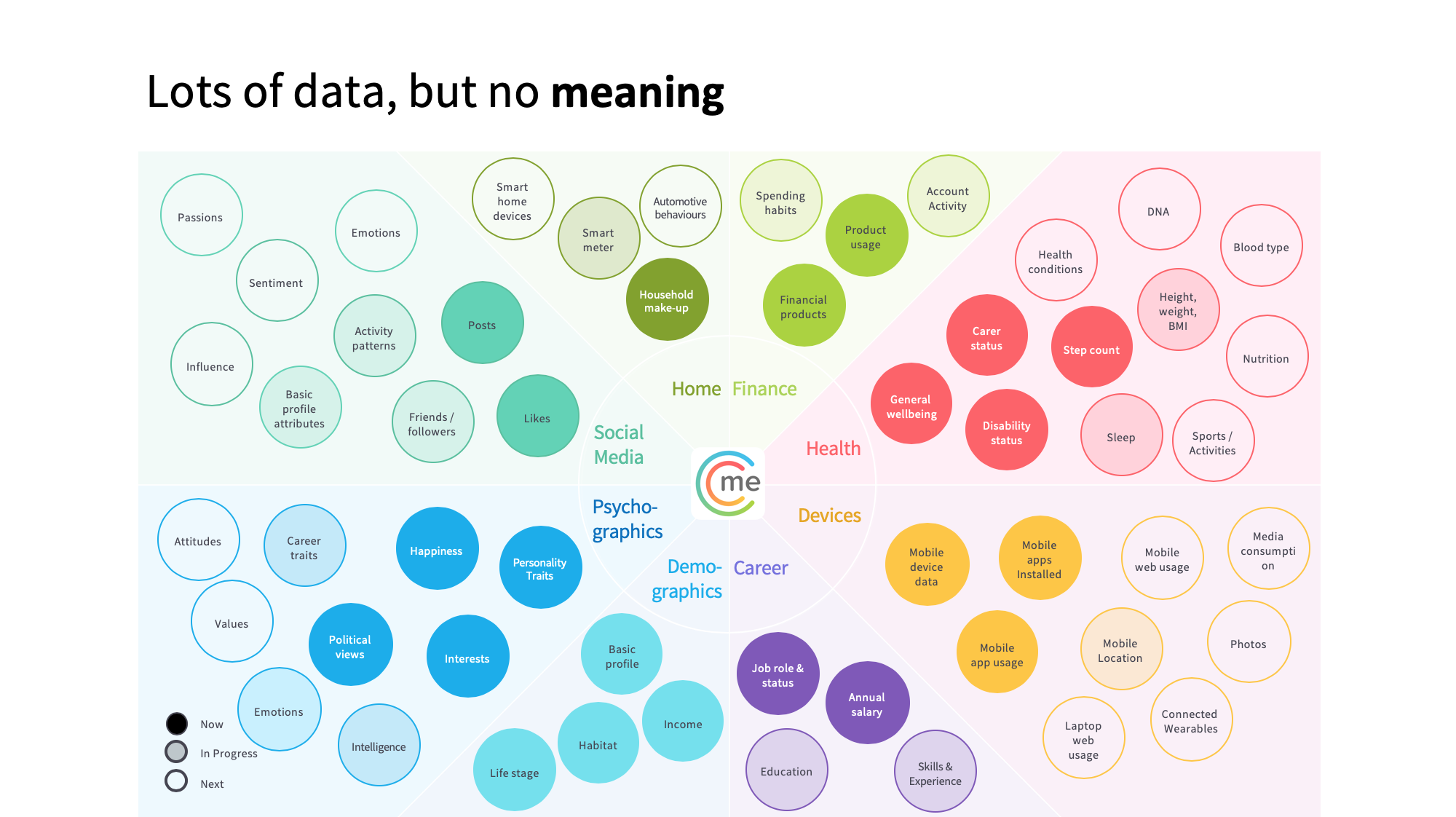 CitizenMe helps people find meaning and value in their data. Our app allows citizens to pull data from throughout their digital lives into a single place. We then use AI to refine, link, and layer this data to provide them with useful information – in the form of personal insights – which they can, if they choose, then share with organisations for research and innovation purposes.
CitizenMe helps people find meaning and value in their data. Our app allows citizens to pull data from throughout their digital lives into a single place. We then use AI to refine, link, and layer this data to provide them with useful information – in the form of personal insights – which they can, if they choose, then share with organisations for research and innovation purposes.
The app is completely decentralised – meaning CitizenMe doesn’t store any personal data. All data sits on our Citizens’ smartphones and is backed up to their personal cloud. And if they choose, they can exchange it directly with organisations – either with for-profit businesses in exchange for cash, or they can donate it to charity.
As the other side of the marketplace, we’ve created a self-service platform that organisations can use to request data directly from individuals for research and innovation purposes.
Digital behavioural data, psychographics, answers to survey questions, are all accessible from a single place, marrying the benefits of big data and MRX. With this platform all we’re trying to do is facilitate the easy exchange of data between people who have it and people who want it. All with the citizen in full control.
With our platform, organisations are transforming the way they do traditional research, to how they do product innovation, to redefining what customer interaction looks like by building out decentralised apps for customer engagement.
Benefits of decentralising data
So what benefits do businesses get from a decentralised system? There are many, but understandably it can sound counterintuitive to give away your most valuable asset. So here are a few:
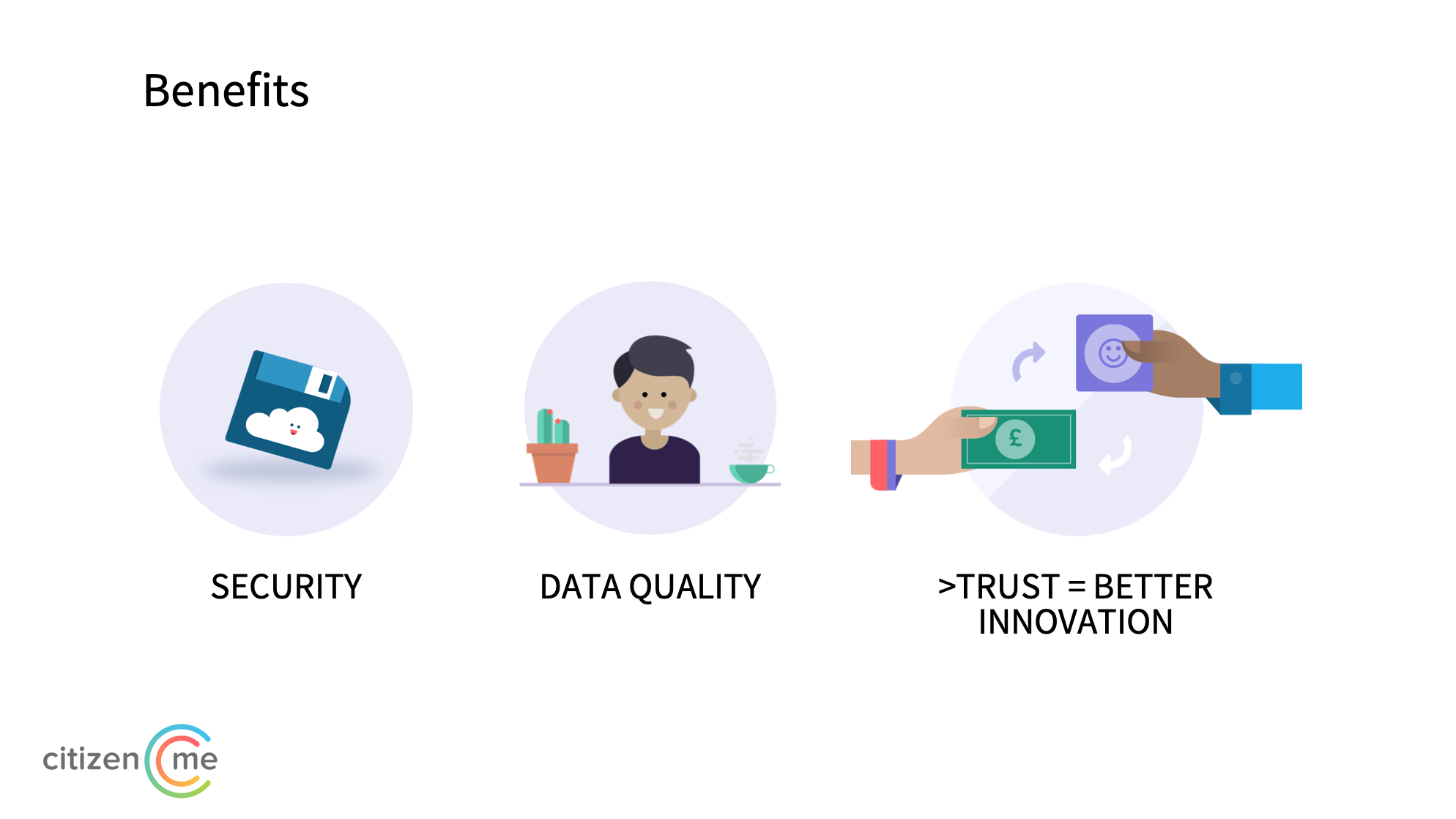 Security – If you allow people to own their data, you no longer become this central hack magnet. Instead, you become more than GDPR compliant and massively reduce data warehousing costs.
Security – If you allow people to own their data, you no longer become this central hack magnet. Instead, you become more than GDPR compliant and massively reduce data warehousing costs.
Data quality – There are huge issues throughout the data world around quality. We’ve seen the extent of ad fraud, and if you look at big data or market research, these industries have significant issues too. People are incentivised to lie in research (or it’s completely fake), and big data is often stagnant and patchy. But if you give people their data you suddenly have this single, authoritative data source – and rather than infer attributes about people, businesses can simply ask.
Trust – all relationships are built on trust. And right now we’re seeing a huge decline in trust in our institutions – both in general and in the way they handle our personal data. If you give people control of their data this allows customers to feel more comfortable, and therefore far more willing to share data. Just imagine the innovations organisations could create if suddenly you couldn’t just access internal CRM data, but data from throughout your customers lives, all with them in complete control.
Future systems
So, as we enter this next generation of the internet, we need to start thinking about the tools that will allow people to play a more active role in this personal data marketplace. If we can do that, by giving people greater control of their data, both businesses and citizens stand to benefit from a better, more sustainable digital ecosystem.
There’s huge intersection with the problems CSR teams grapple with – around consent, the UN sustainability goals, social inclusion – and the online world with how our data is used. It is important to recognise this as online and offline continue to merge: it will be organisations that look further ahead than just being compliant, that will be the most successful in the future.
If you’d like to join us as a Citizen or client, have any questions or would like more information, don’t hesitate to contact us at hello@citizenme.com.
- Posted In:
- Business blog





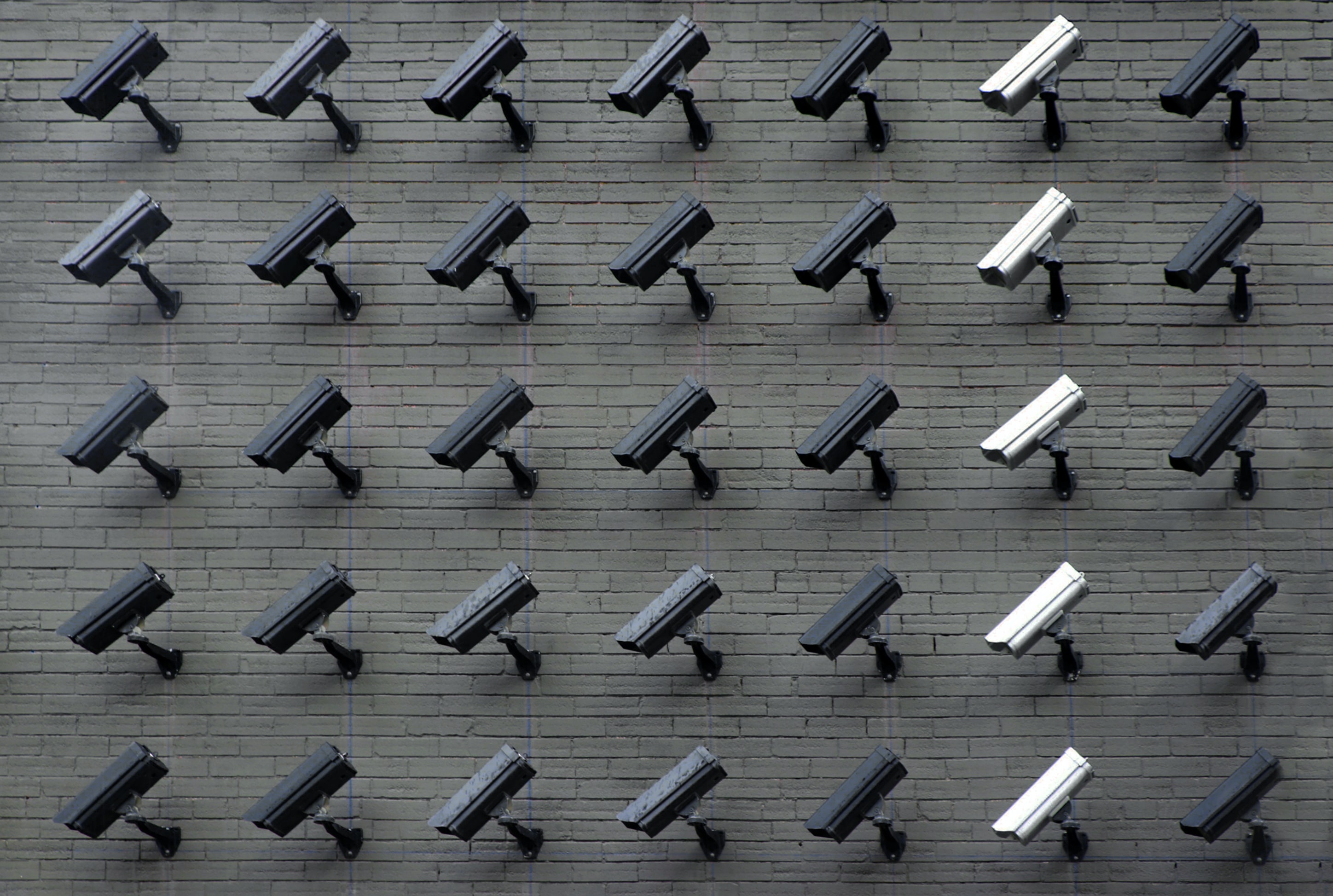
Leave a Reply